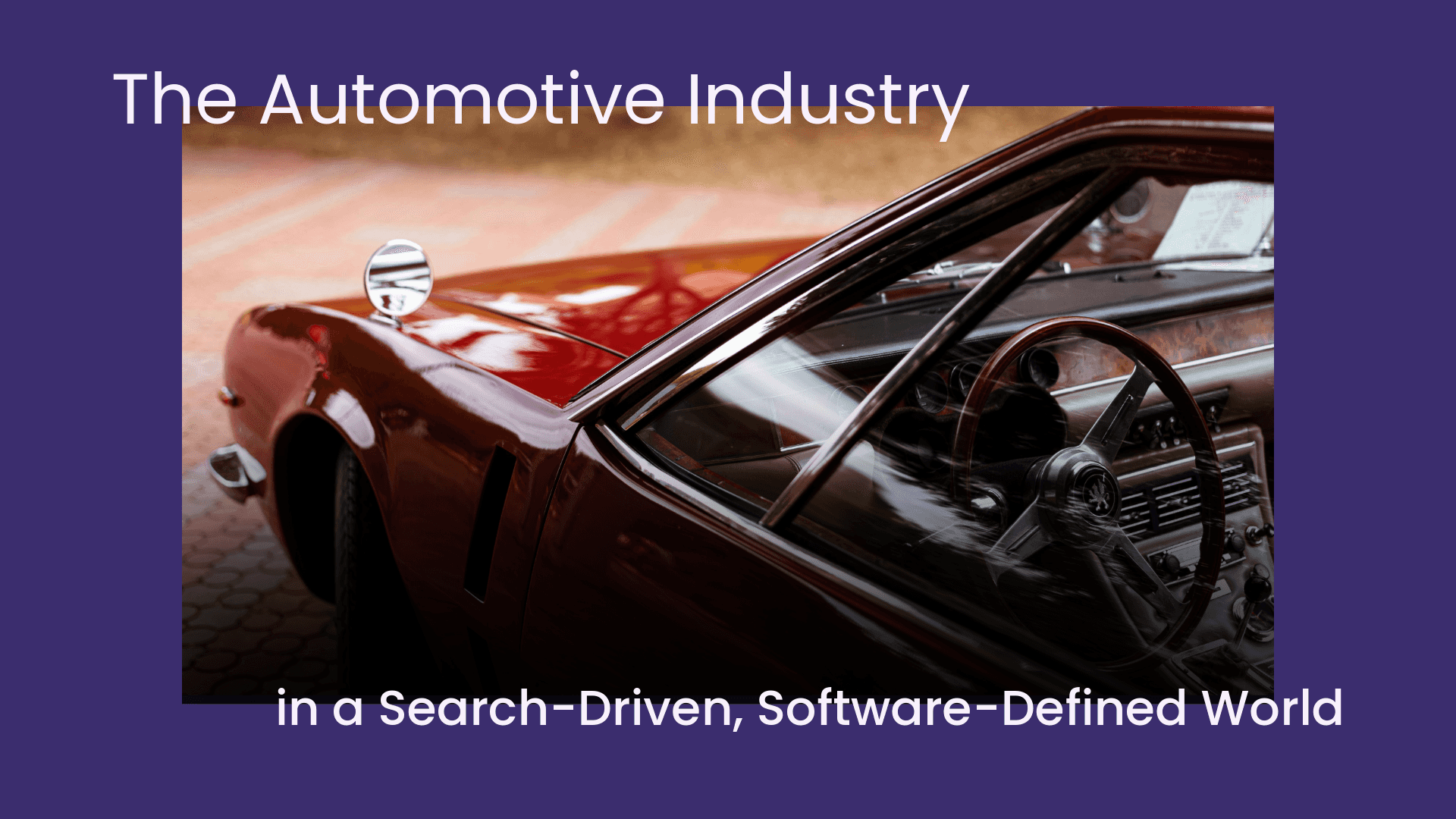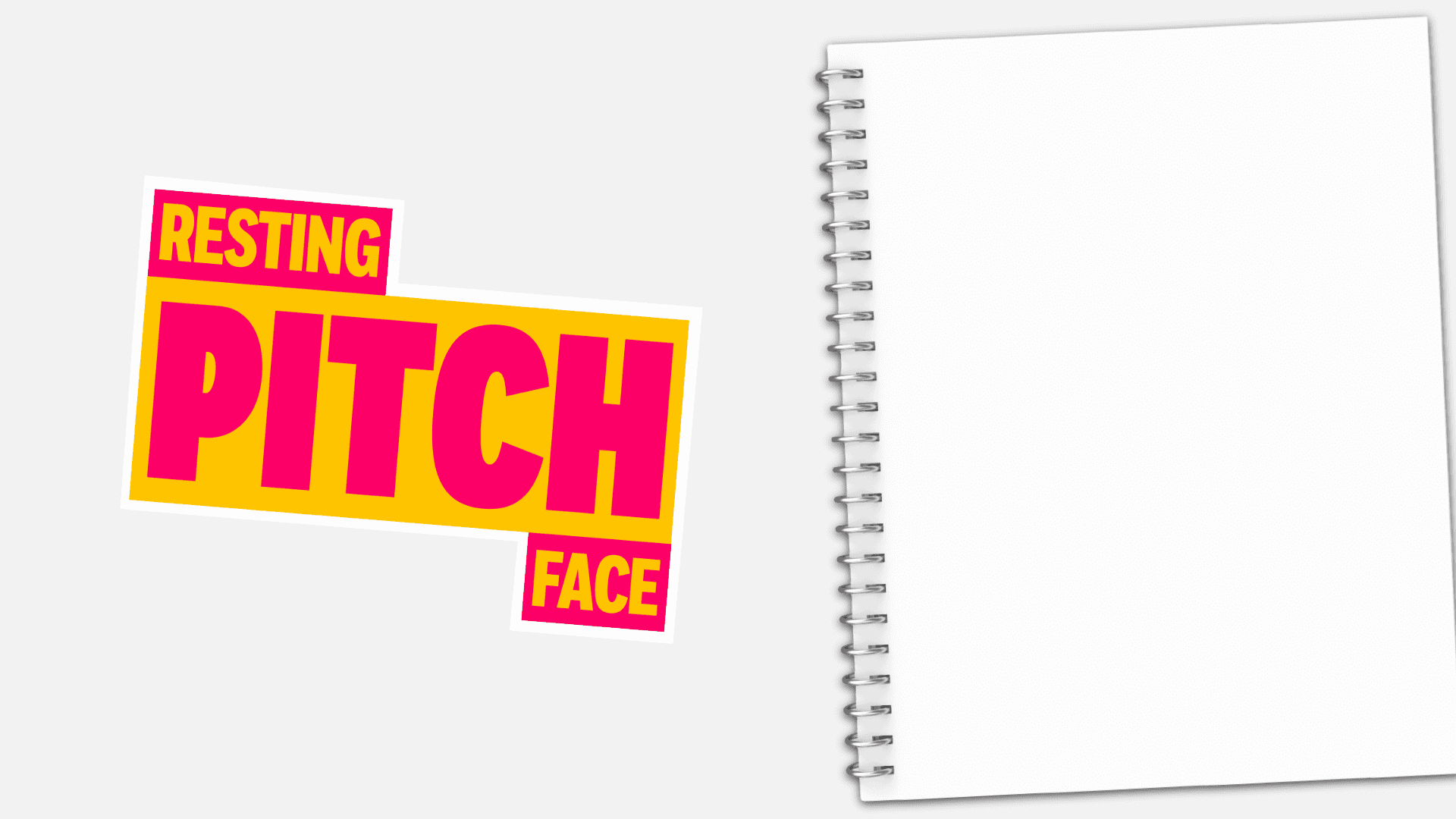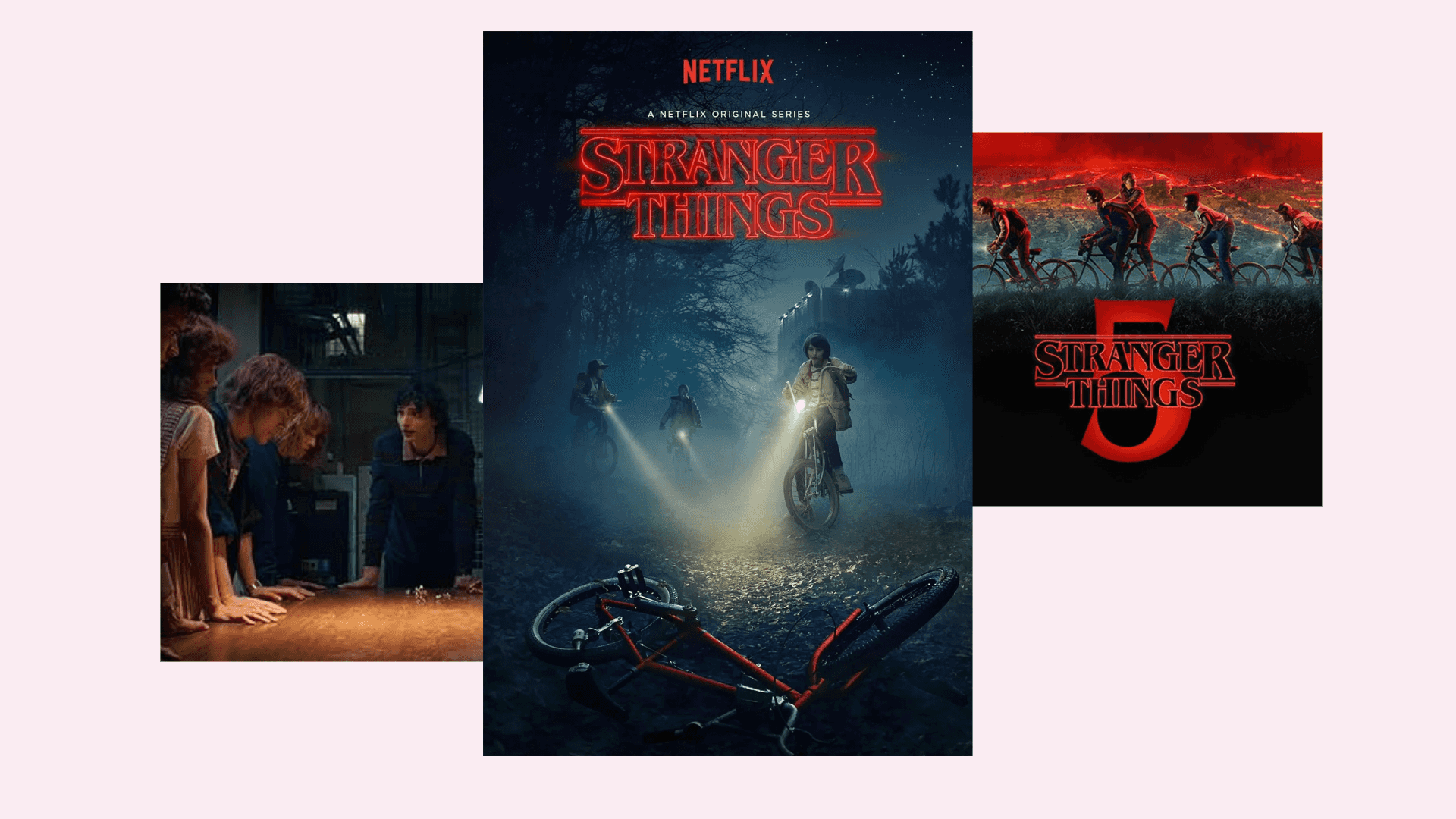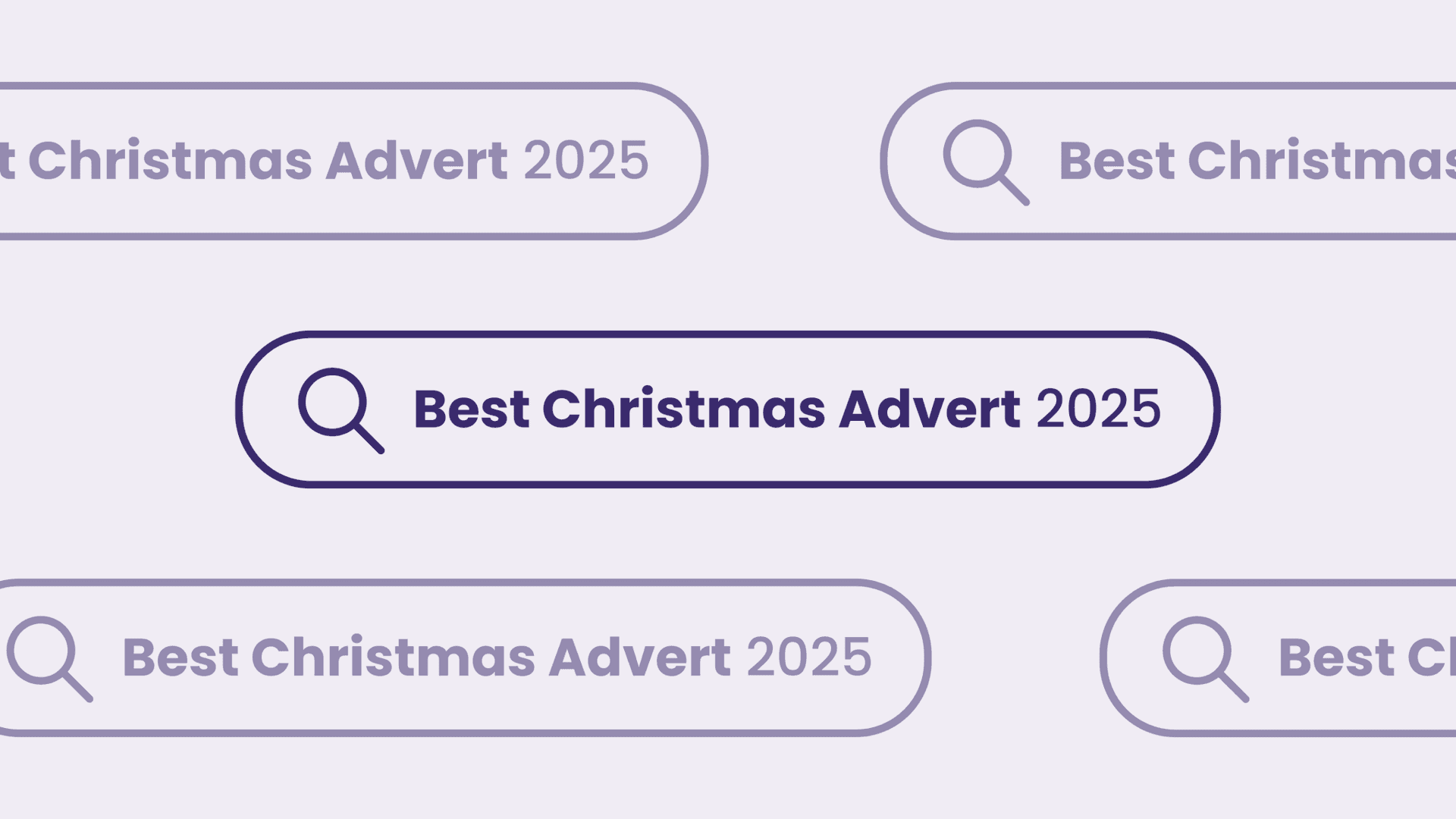
Google Fined $5bn By The EU
Written by Daniel
Google recently made global headlines after being fined $5bn by the EU for reportedly using the Android operating system to ‘illegally cement its dominant position in search’. Check out our take on the news…
See below for a full video transcription.
VIDEO TRANSCRIPTION:
Jamie: The last thing we want to talk about is Google’s huge fine that the EU just slapped on them. So, close to $5 billion. That’s a lot of money.
Lee: You sound like an evil genius.
Jamie: I am.
Chris: Five billion dollars.
Jamie: Obviously, in terms of Google wealth, it’s not a great deal, considering they’ve supposedly got $100 billion just sat aside, probably waiting to pay fines with. But, yeah. It’s a lot of money. And, basically, they’ve said that they’ve acted illegally in three different ways. We’re just gonna focus on one way, which is software, which is Google Search and Chrome. So they basically kicked up a fuss about them pre-installing this on devices and forcing manufacturers to do that. So what’s going to happen here, in my opinion, is, I don’t know if you remember a few years ago on Windows?
When you installed Windows, you got asked for a browser choice, and this is because the same sort of ruling got applied to Microsoft in that they were shoving Internet Explorer on everyone. And you got this really awful nag when you first started Windows that said, “Right, you can choose Firefox, Opera, Internet Explorer, or Chrome.” And then it sort of made it out that it was a level playing field. You could pick what you wanted. Do you remember it?
Lee: Yeah., yeah.
Jamie: It looked awful, didn’t it? It looked like a virus spam message type thing.
Lee: Yeah.
Chris: Yeah.
Jamie: So we’re getting into territory like that, I think, which is a massive shame because the difference here, in my opinion, is that Windows is obviously a paid for, licensed piece of software. Android, in this instance, is free. So manufacturers basically don’t have to develop any software anymore. They can just shove Android on there. Obviously, make sure the driver and stuff are sorted in terms of the hardware they put in the device.
But other than that, they don’t have to do anything. And, obviously, it’s still a user’s choice on which phone to pick, and which software comes with what phone. So I don’t really understand how Apple haven’t been caught guilty of the same rule, considering if you want an Apple device, not only are you forced to use software but, obviously, you’ve got Safari installed by default don’t you. So I don’t really know…
Lee: Is Apple Bing though?
Jamie: No, I think it’s…it went Bing or something, or Firefox for a bit, and then it went back to Google. Google paid the most money. That’s one of the other rulings, that Google have been giving people money to do it. But that’s a different kind of fish, isn’t it?
Chris: Yeah, I’m sure it’s been done a thousand times before, though, as well.
Lee: Five billion is not that…I know it sounds a lot, and it is a lot of money, but it’s not a lot to Google, is it? Let’s be honest.
Jamie: But it’s an astronomical amount of money. No one’s ever been fined that much money, ever in the history of the world. It’s a lot of money. And, essentially, it’s gonna lead…they might be…it’s free software. I mean, what’s happened with Android is obviously, you got two versions. You got Android Open Source Project, which doesn’t come with Play Store or any Google apps pre-installed.
And then you’ve got the Android version that comes with all that. And, obviously, no one wants them without a Play Store, so manufacturers just rule out AOSP straight away because it’s pretty much useless as a consumer without the app stores. So, essentially, that’s one solution. Just don’t install that version, just sell the other version and then deal with your own app store. This is what Amazon have done on their Fire OS. That’s essentially a forked version of ASOP, and that’s why it’s got the Fire Store or whatever they call it.
Lee: It depends how heavy-handed Google have been with the manufacturers, though, doesn’t it? It’s like the choice is technically there, but I bet there’ll have been some…
Jamie: That’s the other side of the coin. There is, realistically, no other choice, is there? If you’re a smartphone manufacturer now, and you’ve not got that pulled in, what are you gonna put on it other than Android? Aside from forking it and making your own like Amazon did. Look at how much resource Amazon have got. They can go and make anything they wanted, but they chose to go with AOSP and make their own marketplace, etc. But, yeah…
Chris: Probably made more than $5 billion back in just usage.
Jamie: Well, yeah.
Chris: Since then, it’s probably done the job, hasn’t it? Although, it is a bit of a setback. For that $5 billion, I bet they made more by doing that.
Jamie: What, by shoving Google Search on to everyone…
Chris: Yeah.
Jamie: Yeah, probably. But, I mean, if you’re using this software, I think Google has sort of got a right to promote their own stuff, don’t you think, their own services.
Lee: Well, it is… I just think it’s been blown out of proportion hasn’t it, really.
Chris: Yeah.
Lee: People just need to fucking accept it, don’t they? It’s Google.
Jamie: Yeah, it’s interesting reading, though. Russia have already clamped down on this. If you install Android in Russia, I’m not sure if it just applies to Chrome or Android as a whole, you get a browser choice when you launch it. So there’s Yandex and there’s Mail.ru, which are obviously Russian products. But, I might be wrong here, but I think Russia is similar to China in that they have a hand in some of these software projects. So, obviously, the government are gonna want their stuff in there. Whereas…
Lee: I think Yandex is wound into the government initiative.
Jamie: Yeah. So, yeah. You’re gonna get a little bit of corruption there. Whereas, I don’t think, in the UK or EU in general, you’ve really got a software initiative they necessarily wanna push. But then, you’re obviously gonna get another problem here. If you’ve got a pop-up when you’re launching your Android phone that says, “Do you want Chrome or Opera,” or whatever, who decides which apps go in there? And do they have to put Safari in there? Do they have to put Bing in there, or Internet Explorer, or Edge or whatever you call it?
Lee: Where does the money go?
Jamie: The $5 billion?
Lee: Yeah.
Jamie: Yeah, good point.
Lee: If they get fined that and pay it, who are they paying?
Jamie: It’ll be drawn out for years. They’re just still appealing the shopping fine and that was three years ago, or something. They’re still appealing that now. For promoting their own products, wasn’t it, in shopping?
Lee: Yeah.
Chris: Yeah. It’s a drop in the ocean for those guys, isn’t it? Like you say, they probably account for that kind of thing coming up.
Jamie: That money’s probably set aside just for it.
Chris: The reward is higher than the risk, isn’t it, really?
Lee: Well, didn’t you read that it were two weeks operating?
Jamie: Yeah, I think I read that.
Lee: To get $5 billion.
Jamie: It’s like, it’ll take them 14 days to pay off the $5 billion.
Chris: Scandalous.
Jamie: It’s not about the relation to the business, in my opinion. I mean, that’s where they’ve, obviously, plucked the number for the fine from. But as a figure to fining companies. It’s a lot.
Chris: They keep doing things like this, though, don’t they? The fines must not be having that much of an impact on them for them to say, “Right, we need to stop risking doing stuff like this. It’s a little bit, you know, on the line.”
Chris: In my eyes, though, I don’t think they’ve done anything wrong.
Jamie: I’m on Google’s side a little bit. I think that if you’re giving away software, which they are, then you’ve really got…it’s your opportunity there to lock someone into your software if you combine it.
Lee: It’s free…
Jamie: Yeah. And there is Android Open Source Projects, which we mentioned, which manufacturers are more than capable of taking, instead of the one with Google apps baked in. But obviously, they don’t want to, because it’s a worse experience for their consumers. So, yeah. But the problem, I think the reason why Google is getting penalized for this and not Apple, is because the market share. Obviously, Google’s market share is astronomical compared to Apple, overall. If you look down the highstreet there’s obviously a lot of people with iPhones, but the actual market share is more like 74%.
Lee: That’s down to Android being better than IOS, though.
Jamie: Yeah, and it’s also available on more manufacturers, not just one.
Lee: Well, there’s that as well, yeah. I bet if Apple made… No, it won’t work. I was gonna say, if Apple made theirs open source, it might change things. But it’s an inferior product, so it probably wouldn’t.
Jamie: It’s a strange one. But, yeah. Essentially, the manufacturers, from their point of view have no choice. If it’s not Android getting put on the device, then what the hell you gonna do? People have tried inventing new ones for years, only to give up. Microsoft.
Lee: It’s gonna really piss me off if, when I get another Android phone, a notification comes up every time and wants me to verify which Google products I want installed, by default.
Jamie: Well, it’d just say, “You sure you want Chrome, or do you want one of these alternatives?” Same with Gmail, same with Google Search, more than likely. But, yeah. I’m pretty sure Windows doesn’t do this anymore. Used to. Then they just stopped complying with the ruling and the fine that they received, and then just go back to normal. I don’t know. I’m pretty sure, now, on Windows, you just get Edge and that’s it. It isn’t an option.
Lee: Yeah, you have to install it, like Chrome.
Jamie: Yeah, it doesn’t offer you it, does it?
Lee: No.
Jamie: But, yeah. You get other problems there, and which ones get offered, you know?
Lee: Yeah, how much are those people bunging the manufacturers.
Jamie: Yeah.
Chris: I bet there’s so much that goes on behind the scenes. So much corruption, so many deals that go in on.
Jamie: So, this all comes back to monopoly, though, doesn’t, it? Soon as you get a big enough market share, then some regulator, somewhere, is gonna be annoyed about it, and just find something to kick up a fuss about. Yeah. Yeah, it’s all good. Competition is all good, but, yeah. It’s not…it’s hard to put it on the provider of the software that are monopolizing it, in my opinion.
If they’re providing as good an experience as they can, then it’s sort of…especially if it’s free software. It’s in their interest to protect it. You’re not gonna see them offer alternatives. Unless they get fined loads of money.
Chris: Yeah, everybody’s eyes are on them, though, aren’t they, because they’re the leads in it. Everybody’s gonna try and bring them down. All the competition is certainly gonna be watching them and pretty much angling on everything they do.
Jamie: Well, it’s gonna happen forevermore. Especially, in tech. You’re not gonna buy a fitness tracker and go, “Do you want this to log to Garmin or Fitbit.” It’s like, “No, Fitbit made the device and they want it to log back to them.” They don’t want to offer you an alternative, do they? Want it on theirs? This is just the same concept just at a bigger scale, but as soon as it gets to billions and billions of pounds of revenue, then people get annoyed, don’t they?
Lee: It upsets me that Google can afford to pay it without even really feeling it.
Jamie: The accountants will be worried for about 10 minutes and then they’ll go back to playing ping pong.
Chris: These giants are just getting bigger, and bigger, and bigger, though, aren’t they? I wonder if it will ever, ever end. You know, like, Facebook’s been about for, like, 15 years or something now, hasn’t it? It’s, like, when it first came out, I would have imagined give it three or four years and there’ll be something new to replace it. But these giants are now just getting bigger, aren’t they? Doesn’t seem to be anything that’s getting in the way.
Jamie: Yeah, that’s what monopoly is all about, isn’t it? That’s why people get annoyed.
Lee: Look at Jeff.
Jamie: Bezos.
Lee: Hundred and fifty billion net worth.
Jamie: He has a lot of money.
Lee: That’s one man. Anyway, yeah.





